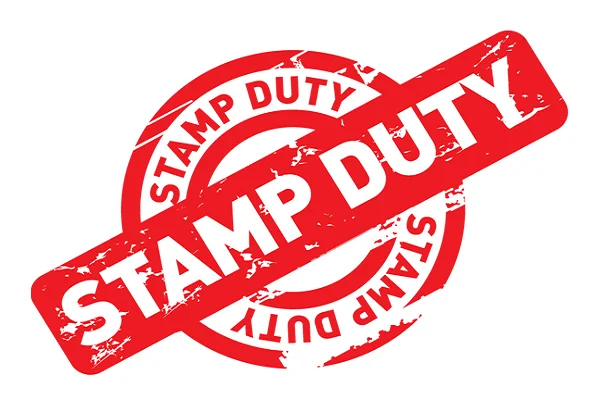Is it Possible to Save on Stamp Duty When Buying a Home?

When the stamp duty holiday came to an end, millions of movers and first-time buyers once again found themselves facing painful levies on already elevated home purchase costs.
In the UK, stamp duty land tax (SDTL) is payable upon the purchase of a home, calculated in accordance with the value of the property.
In England and Northern Ireland, you pay nothing on the first £125,000; 2% between £125,000 and £250,000; 5% between £250,000 and £925,000; 10% on the proportion between £925,000 and £1,500,000; and 12% on anything over £1,500,000.
Different rules apply in Wales and Scotland, but stamp duty is nonetheless payable on most properties.
But what few homebuyers realise is that it is perfectly possible to at least reduce the amount of stamp duty you are liable for. In fact, Shane Mockler, head of new business SDLT at Cap Ex Associates Tax Ltd., said that around 25% of buyers needlessly overpay.
“It’s estimated that one in four transactions overpay due to the various types or property acquisitions that are incentivised by the UK government,” he said, adding that “there are almost 50 reliefs and exemptions available to purchasers of property in the UK.”
First-time buyer exemption
For example, first-time buyers are exempt from stamp duty when purchasing properties valued at £300,000 or less. This translates to tens of thousands of annual property transactions where no stamp duty is payable. First-time buyers purchasing properties valued between £300,000 and £500,000 pay 5% stamp duty, but only on the amount above £300,000 rather than the entire price. This amounts to a potential saving of up to £5,000.
Mixed-use properties
Mixed-use properties and properties with a commercial element can (in some instances) qualify for a partial stamp duty discount, with the maximum rate payable being 5%. This includes properties such as a flat connected with a shop or properties bought alongside forests or farmland. But as all mixed-use properties are unique in terms of both their configuration and their eligibility for stamp duty relief, expert legal representation is usually needed to know where you stand.
Unconventional homes
Certain types of homes considered ‘unconventional’ may qualify for a stamp duty discount or could be considered exempt from stamp duty entirely. For example, homes that do not occupy permanent land space, such as mobile homes, caravans, and houseboats, are exempt from stamp duty, irrespective of their location and value. Elsewhere, properties considered unfit for human habitation at the time of their purchase may qualify for a lower stamp duty band.
Removable fixtures and fittings
Comparatively few homebuyers know that when buying a property, stamp duty does not apply to the “chattels” of the home. “Simply defined, chattels are movable objects that cover things such as carpets, curtains, furniture, ovens, fridges, and other movable objects that are left in the house by the vendor,” explained Mockler. By contrast, fixed furniture and fittings like bathrooms, kitchens, and built-in wardrobes are liable for stamp duty and must be included in the respective calculations.
